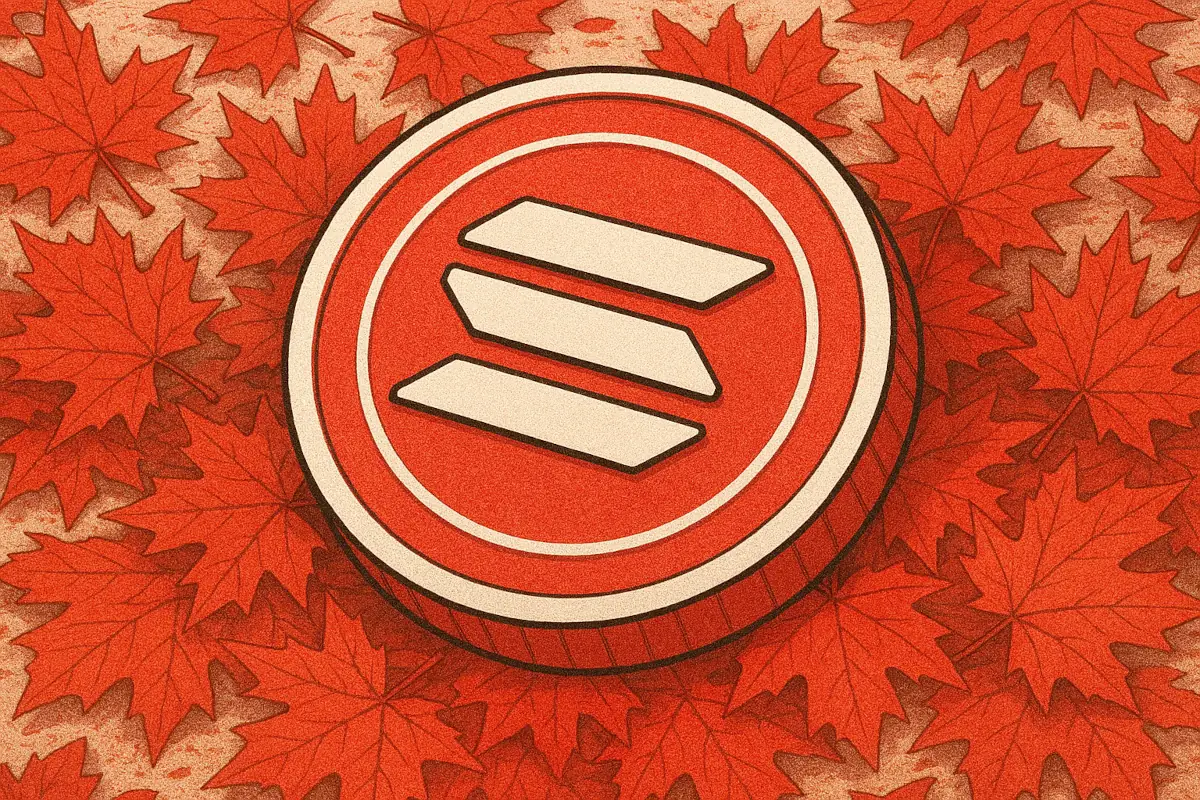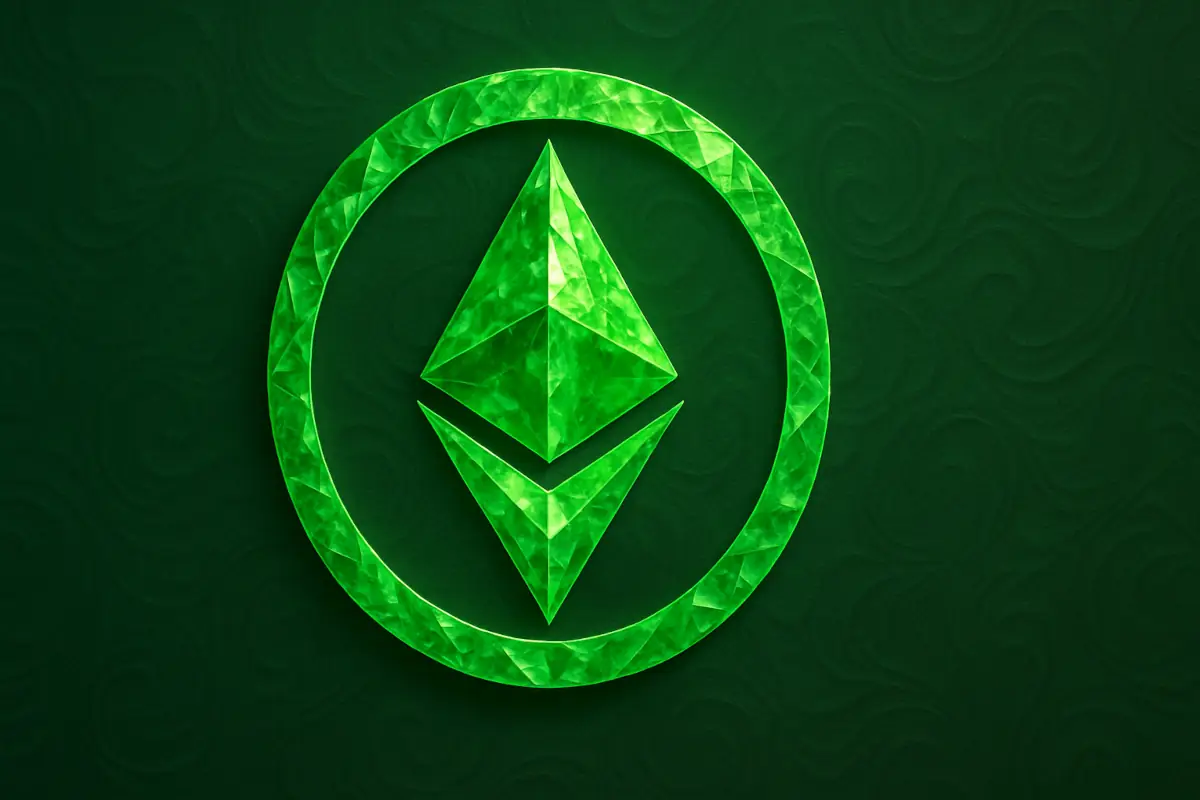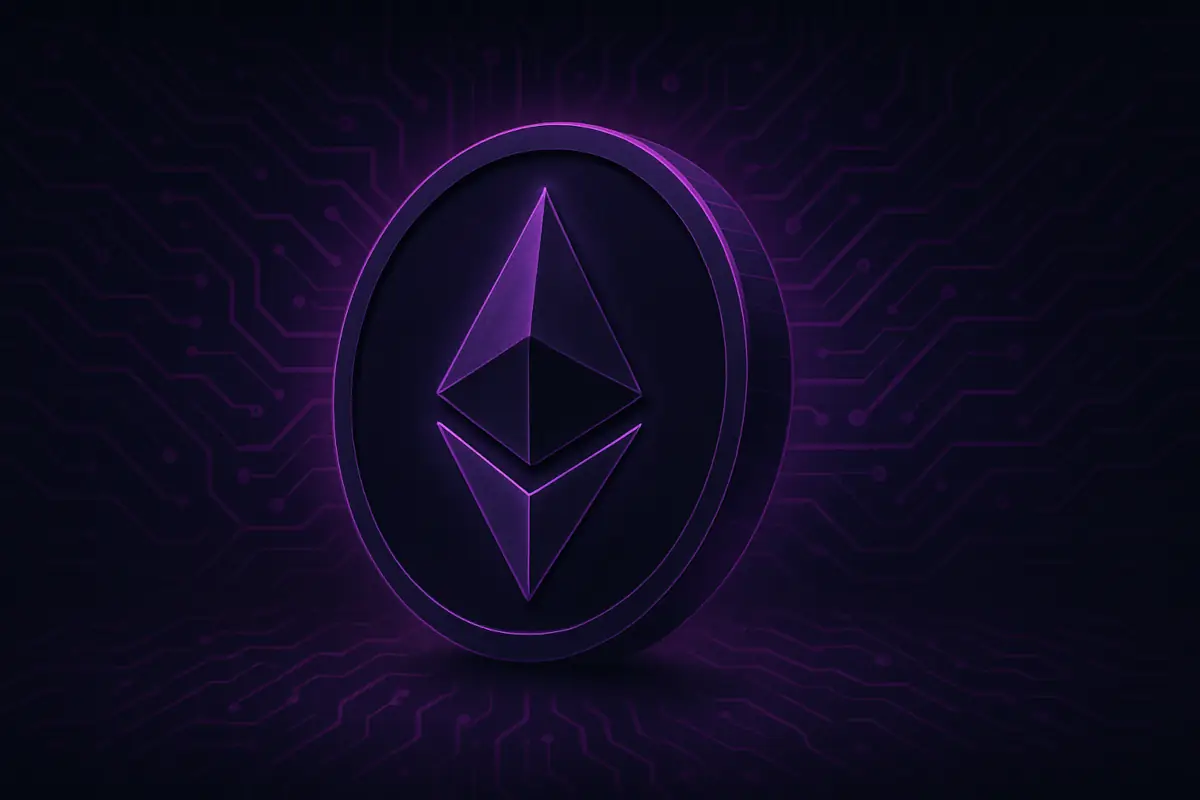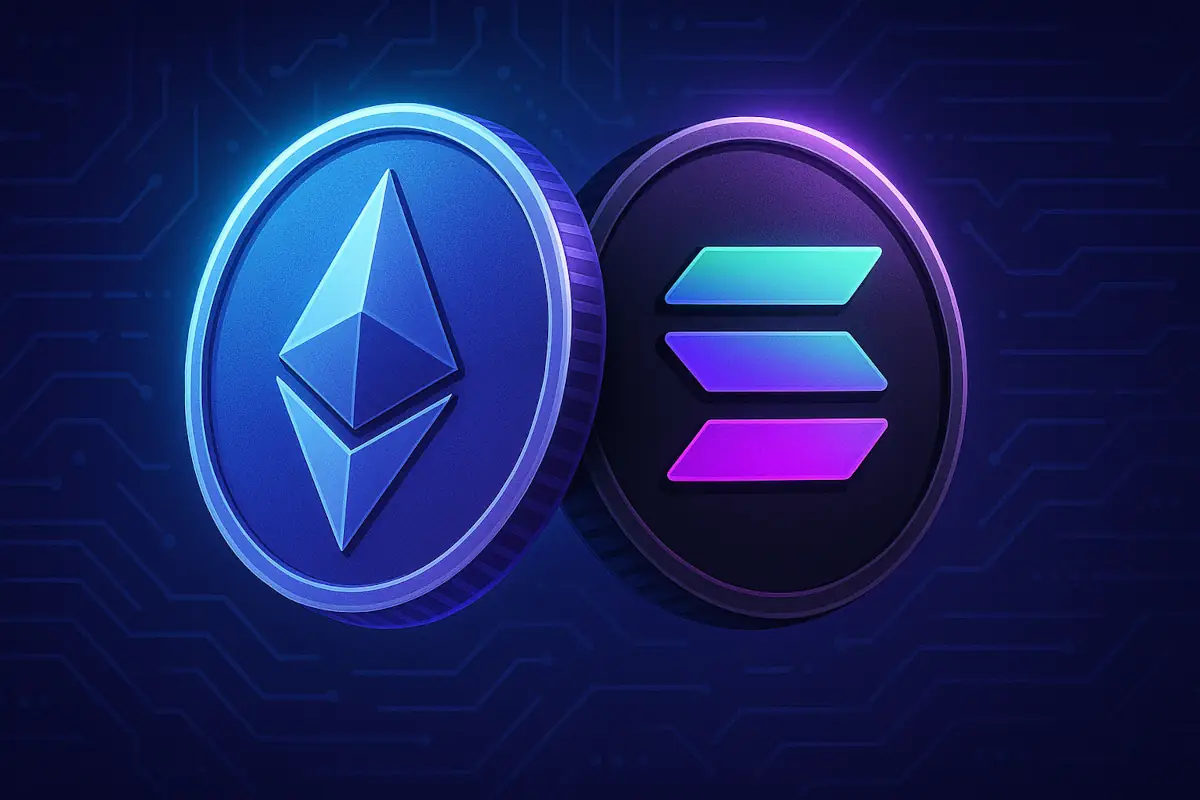The U.S. Securities and Exchange Commission (SEC) has once again postponed its decision on whether Ethereum ETFs will be allowed to include staking, setting a new date for June 1.
Meanwhile, Canada is ready to launch the world’s first Solana ETFs – with staking included right from day one.
Table of Contents
Canada Moves First – Again
Let’s start with the good news. On April 16, Canada will officially launch a group of Solana ETFs that don’t just hold SOL – they also allow staking. That means investors can earn rewards the same way they would by staking Solana directly. The expected return? Somewhere between 5% and 7% annually.
This isn’t just one product either. The Ontario Securities Commission has approved funds from four major firms: Purpose Investments, Evolve ETFs, CI Global Asset Management, and 3iQ. These are well-known names in Canadian finance, which adds some extra weight to the launch.
And the timing couldn’t be better. SOL’s price is up around 25% in the past week. Whether that’s market hype or just a lucky run, Solana is definitely in the spotlight.
Read also: Solana Sets New Record Against Ethereum – But Can It Hold?
Meanwhile in the U.S…
While the SEC did recently approve options trading for Ethereum ETFs, staking still isn’t allowed. Some analysts were expecting a decision in May, but that now looks unlikely.
Grayscale’s plan to allow staking inside its Ethereum Trust ETF has been pushed back again. The SEC now says it needs until June 1 to make a decision. This is the second delay since the proposal was first submitted in February. A final deadline isn’t until late October, so this could drag out for months.
This puts Ethereum ETF holders at a disadvantage. If you hold ETH on a regular exchange like Binance, Coinbase or Kraken, staking can earn you anywhere between 2% and 7% per year. But if you’re holding ETH through an ETF, you’re earning nothing at all.
This delay shows that the U.S. is still unsure how to handle staking at the regulatory level. Are staking rewards a form of passive income? Are they securities? Should they be taxed differently? Should they even be allowed inside an ETF? These are the kinds of questions that seem to have clear answers in Canada – and no answers yet in the U.S.
Canada Isn’t Afraid to Experiment
This isn’t the first time Canada has led the way. It was the first country to approve a Bitcoin ETF in 2021, and also the first to approve an Ethereum ETF. Now it’s doing it again with Solana – this time launching with staking built in from the start.
And these aren’t niche products. Canadian crypto ETFs already manage billions. They’re used in retirement plans, brokerage portfolios, and long-term investments. The addition of staking just gives them one more way to compete with holding crypto directly. And it gives investors more reasons to choose the ETF model.
What Happens Next?
With the next delay, Ethereum ETF investors in the US will be sitting out of staking until at least summer. The SEC has until June to make up its mind – but if they delay again (which they can), it could be fall before anything changes.
That’s a long time to wait – especially with a working model already up and running just across the border. But maybe Canada’s lead will help speed things up. If regulators are watching, they now have a real-world example to follow.
Read also: This Year’s Best-Performing ETF? It’s Not What You’d Expect




